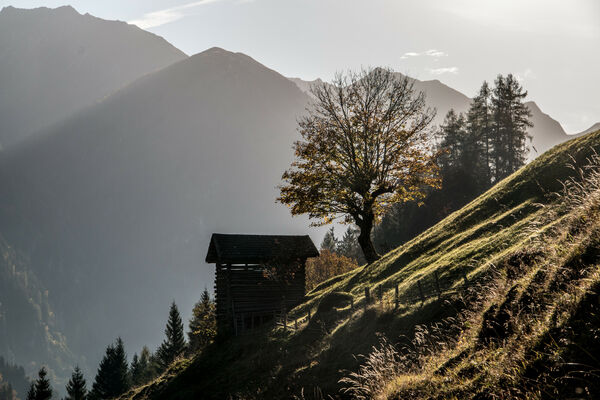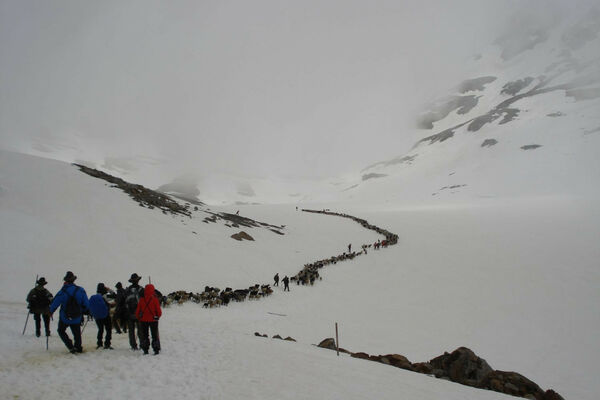The foundation of our Alpine identities
Safeguarding cultural heritage - Ensuring progress and innovation
- The Alpine region is home to more than 14 million people and today we see two phenomena happening: overall population growth and depopulation (people leaving) of certain areas. People tend to live in easily accessible mountain valleys with access to jobs, education, healthcare and other services. Population changes also affect the environment and traditional Alpine landscapes.
- The Alps are shaped by diverse histories, cultures, dialects and languages. Maintaining these is a shared responsibility. Sustainable development means policies that focus on the needs, wishes, and opinions of these people while respecting the other species who share this living space.
- Protecting the cultural diversity of the Alps means, among other, promoting gender equality and recognising the essential role that women play in the Alpine region, not only in the preservation and transmission of traditional knowledge, but also in contemporary mountain cultures, arts, and sciences. Learn more about the role of women in the Alpine area here.


The beautiful landscape and cultural diversity of the Alps have always drawn tourists, which has on the one hand established tourism as an important source of income for the Alpine population. On the other hand, this has not come without its consequences, as pressures on ecosystems, local populations, land and other natural resources have grown.
The “Mountaineering Villages” initiative was set up to address these consequences, promoting a more sustainable form of Alpine tourism and fostering a sense of responsibility for the natural and cultural heritages of the Alps. The main objective of the Mountaineering Villages is to build a sustainable tourism offer based on attractive activities for outdoor enthusiasts, the quality of the landscape, and the preservation of local natural and cultural values. The initiative aims at concretely contributing to the implementation, at the local level, of the Alpine Convention.
Food heritage is another defining feature of Alpine economies and a source of personal and communal identity. It covers food products, productive landscapes and traditional knowledge of production techniques, consumption customs and rituals, and the passing ancient wisdom through generations.
The AlpFoodway project has created a sustainable development model for peripheral mountain areas. The aim is to preserve and support Alpine cultural food heritage and fosters a transnational Alpine identity based on common cultural values.
Books and mountains have much in common; the rustling of pages turning is reminiscent of walking through autumn leaves; the crispness of a winter morning recalls the feel of pages in a new book; the joy from being whisked away into a story is akin to the feeling of walking through the beautiful and captivating landscapes.
Moreover, books and mountains both contain incredible histories and tell a multitude of stories. To celebrate these stories and the richness and diversity of the Alps and their literature, the Permanent Secretariat of the Alpine Convention organises an annual Reading Mountains Festival, which takes place on International Mountain Day (11 December).



